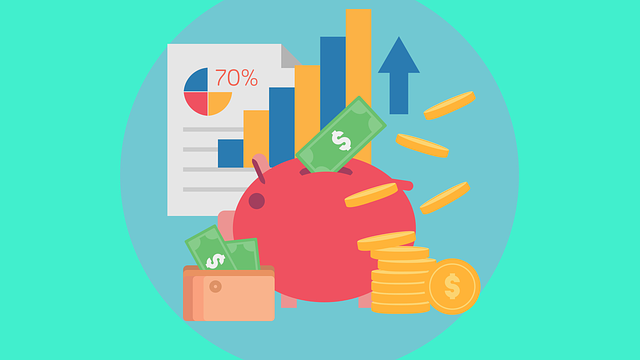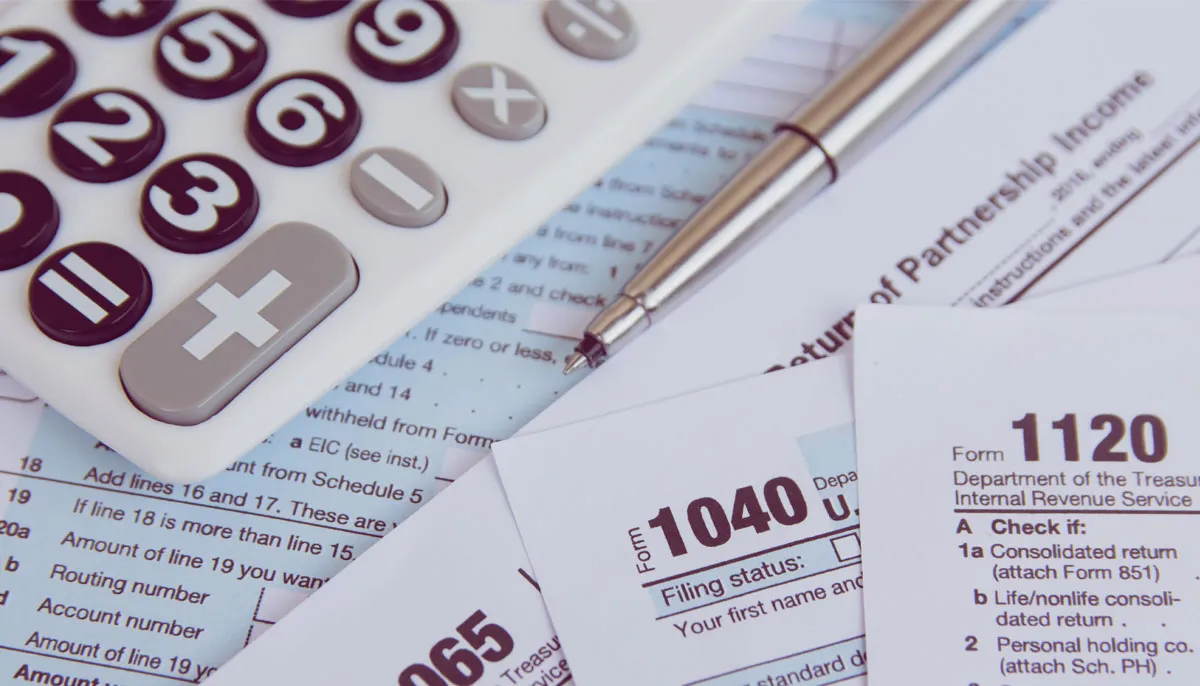
Personal Finance Basics
Your finances need to be highly regulated to budget, save, and spend money over time, considering various financial risks and future life events. Taking control of your personal finances can seem daunting at first, with many factors to consider.
In this post, we are going to discuss personal finance basics which you must pay attention in your daily life.
Creating a Budget

Image Source: Pixabay
The basics of personal finance start with creating a budget for yourself.
One of the most important things you can do for your personal finance is to create a budget first. A budget is a plan for spending your money each month.
It helps you to track your income and expenses so that you can make sure you are not spending more than you earn. Knowing where your money goes each month can be eye-opening and show you where you are overspending.
There are many different ways to create a budget. Some people find it helpful to use a spreadsheet or budgeting software. Others prefer to use a pen and paper. No right or wrong way to create a budget exists as long as it works for you.
Using a budgeting app can help automate your budgeting and make it extremely trackable. Seeing your money at a glance and how much money you have in your accounts is extremely helpful.
When creating a budget, it is essential to be realistic about your income and expenses. Do not overspend on things that you do not need.
Instead, figure out how much money you need for essentials each month (bills, groceries, gas, utilities, loan payments, etc.). Then, take your paycheck and subtract this amount. From there, you have what is left to spend that month.
Remember to include what you want to put in your savings account or even retirement savings.
Knowing the amount you have to spend each month on the basics can give you a better handle on your spending. The next step is to start tracking your spending to see where your money is being spent and how much is being wasted.
Setting a Goal
Image Source: Shutterstock
Once you know how much money you have to spend, it's time to set a financial goal. It could be paying down a loan, creating an emergency fund, or building your savings account.
If you have a dream vacation in mind, you could set up a budget for that trip and then start saving.
It can be hard to hit your goals if you have yet to begin tracking your spending.
Tracking Spending
Image Source: Shutterstock
Once you have created a budget and set some personal goals, it is vital to track your spending. This will help you see where your money is going and ensure you stick to your budget.
There are many different ways to track your spending. You could use various budgeting or personal finance apps or write transactions down by hand. Even printing out your bank account can help if you prefer a more tangible way of tracking.
Whatever works for you and makes you more likely to repeat it monthly.
Set up your tracking in a way that makes sense to you, whether entering every transaction immediately or doing a weekly entry. Once everything is entered, look at what you spent your money on.
Did you do anything frivolous? How many times a month did you go out to eat? Did you have enough leftover money to hit your savings goal?
If you overspent, it's time to adjust next month to ensure your saving is on trend with where you want it to be.
Building credit
Image Source: Shutterstock
Credit is a way for lenders to assess your loan default risk. A credit score is what lenders use to help them decide whether you can be approved for financial needs such as a mortgage, credit card, or line of credit. The higher your credit score, the more likely you are to qualify for a loan and get a lower interest rate. If your credit score is less than you want it to be, it's time to build it.
Here are a few things you can do to build your credit score:
- Pay your bills on time. This is the most important factor in determining your credit score.
- Keep your credit utilization low. This means using less than 30% of your available credit.
- Don't apply for too much credit too often. Hard inquiries can temporarily lower your credit score.
- Dispute any errors on your credit report. If you see an error on your credit report, dispute it immediately.
Following these tips can build your credit score and improve your financial planning. With a better credit score, you can get a better interest rate on loan, be approved to borrow more money and increase the line of credit on your credit cards.
Other Personal Finance Tips
-
Save for emergencies: It is important to have a rainy day fund to cover unexpected expenses, such as a car repair or medical bills.
-
Invest for retirement: The earlier you start saving for retirement, the more time your money has to grow. Start investing in mutual funds, individual stocks, real estate etc.
-
Get life insurance: Life insurance can provide financial security for your loved ones if you die unexpectedly.
-
Protect your assets: Make sure you have adequate insurance coverage for your home, car, and other valuables.
-
Get professional help: If you are struggling with your personal finances, don't be afraid to seek professional help. A financial advisor can help you create a plan to get your finances on track.
-
Make use of down payments: In personal finance, a substantial down payment can improve cash flow by reducing monthly payments and lower taxable income, ensuring financial stability and control.
-
Take help from a financial advisorT: Consult a certified financial planner to make the most of your after-tax dollars. By saving money wisely, you can reduce your reliance on things like personal loans.
- Get the right insurance: When managing your personal finances, it's crucial to always budget for both auto insurance and health insurance to ensure you can consistently pay bills
Follow these basics of personal finance to improve your financial situation and to build a secure, financially stable future for you and your family.
It's easy to swipe your credit card mindlessly, but when the bill comes, will you be able to pay it off immediately? Knowing where each dollar goes can make you think twice before making purchases.






